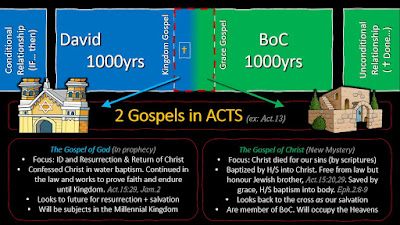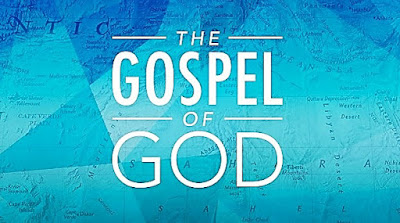Eternal Life or Eternal Death - Man's Choice

Eternal Life or Eternal Death – Man's Choice Article written by Arthur J Licursi (on his website here ) The "gospel of Christ" is the most glorious offering our creator God could make unto lost mankind. "For I [Paul] am not ashamed of the Gospel of Christ: for it [Paul's "gospel of the grace of God" for this age] is The Power of God unto Salvation to every one that BELIEVETH…" (Romans 1:16 (KJV)) The one caveat in the above verse is to "BELIEVE," trusting in Christ, as the Sole Basis of One's Salvation. This means all men are free to Choose Salvation unto eternal life or, alternatively, they may reject Christ… unto "everlasting destruction." It is not God's will for us to Not Believe and Receive the Gospel's Free Gift of Salvation. It is called "the gospel of the grace of God" since 'grace' speaks of a Free, Undeserved, Gift. Paul here wrote of the destiny of unbelievers who "persecute" a





